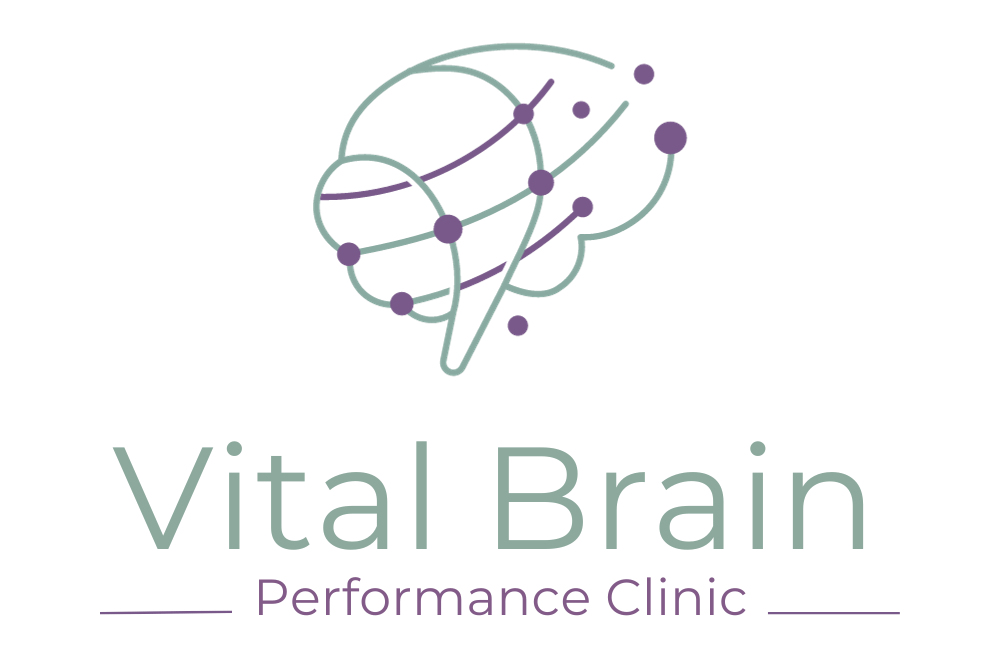Post-traumatic stress disorder (PTSD) is a debilitating condition that can develop after experiencing or witnessing a traumatic event. Symptoms like flashbacks, nightmares, anxiety, and hypervigilance can significantly impact daily life. While traditional treatments like therapy and medication can be helpful, some individuals continue to struggle. A new approach, however, called neurofeedback, offers a ray of hope for those living with PTSD.
Understanding the Impact of Trauma on the Brain: How Neurofeedback Offers a New Approach

Trauma can leave a lasting impact on the brain. Areas responsible for emotional regulation and stress response can become hyperactive, leading to the hallmark symptoms of PTSD. Neurofeedback takes a different approach to healing. It acts like a brain fitness program, helping individuals learn to self-regulate their brain activity.
Here’s how it works: Sensors placed on the scalp monitor brainwave activity in real time. Through visual or auditory cues (think video game biofeedback), individuals receive feedback on their brainwave patterns. Over time, with repeated sessions, they learn to adjust their brain activity towards calmer, more regulated states.
Beyond Medication: Exploring the Benefits and Considerations of Neurofeedback for PTSD
Neurofeedback offers several potential benefits for individuals with PTSD:
- Reduced Symptoms: Studies have shown that neurofeedback can lead to a significant decrease in PTSD symptoms like anxiety, flashbacks, and hypervigilance.
- Non-invasive and Drug-Free: Unlike medication, neurofeedback is a non-invasive treatment with minimal side effects.
- Long-Term Effects: Neurofeedback helps individuals develop self-regulation skills, potentially leading to long-term improvements in mental well-being.
It’s important to note that neurofeedback is not a quick fix. Regular sessions over weeks or months are typically needed to see results. It’s important to work with a qualified neurofeedback therapist who can create a personalized treatment plan.
Finding Hope on the Road to Recovery
If you or someone you know is struggling with PTSD, neurofeedback might be a valuable tool to consider. While it doesn’t replace traditional therapies, it can be a powerful complement to a comprehensive treatment plan. The potential to reduce symptoms and regain control over your mental health offers a beacon of hope on the road to recovery.
Ready to learn more about how neurofeedback can help with PTSD? Contact Vital Brain Performance Clinic today! Our team of specialists can answer your questions and discuss if neurofeedback is right for you. We offer a safe and supportive environment to explore this innovative approach to healing from PTSD. Don’t wait – take the first step towards a brighter future. Contact Vital Brain Performance Clinic today!




